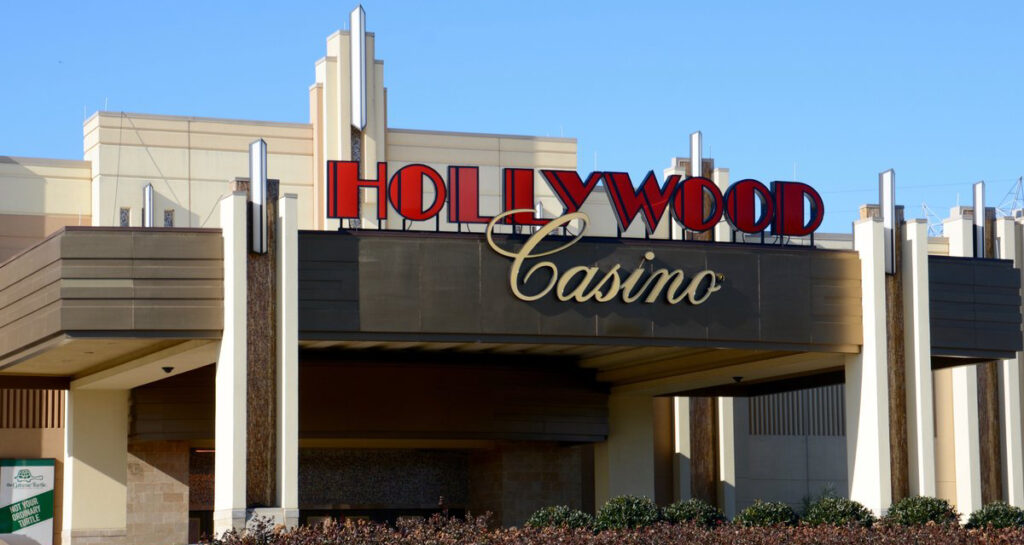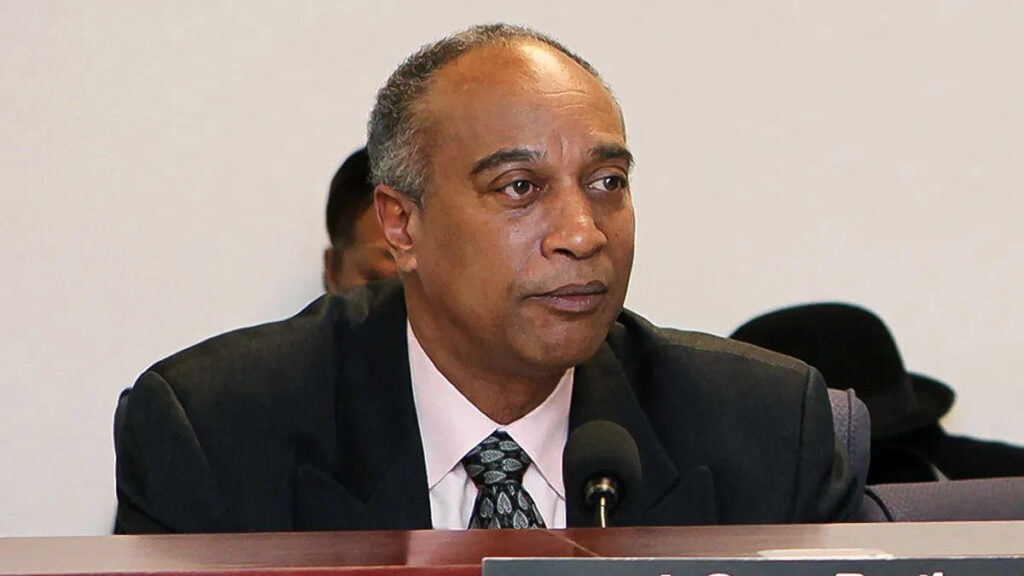
The push to legalize iGaming in Maryland and New York took a hit last week, both politically, as well as from opposing industry insiders.
In Maryland, online gaming appears to be dogged by fears over the market cannibalization of traditional casino revenues. Whereas in New York, state lawmakers are facing legislative hurdles in a bid to authorize online interactive gaming in the state.
Esports Insider takes a look at how efforts to legalize iGaming are making slow progress in both states, despite Pennsylvania and Michigan’s success stories.
Maryland’s Divided Gambling Sector
In Maryland, primary objections are being voiced by in-person betting venues including Penn Entertainment (Hollywood Casino Perryville) and Cordish Companies (Maryland LIVE!), who worry their revenues will be cannibalized by gamblers switching from onsite gambling to the proposed online casino formats.

Directly responding to those fears, prominent Maryland representative, and House Bill 17 sponsor, Ronald Watson labeled them as a “fallacy,” before pointing to the state’s $200 million illicit gambling market as a justifiable reason to advocate for legalization.
Expert John Pappas of the iDevelopment and Economic Association (iDEA) also cited Pennsylvania’s success at the hearing noting the state saw an 11% increase in retail slots and an 18% in online gambling revenue after legislation was passed.
However, Cordish Companies’ representative Mark Stewart swiftly countered these findings by highlighting that while revenues might have increased, his company made only one hire in its online casino operations in Pennsylvania, against the backdrop of over 3,000 for its retail outlets.
While approval in Maryland of HB 17 hangs in the balance, the industry as a whole isn’t completely against the concept, as in spite of resistance from the state-leading casino operators, proponents like Alyse Cohen, owner of Longshot’s sportsbook, argue that iGaming and retail gambling can complement each other.
New York’s iGaming Political Headwinds
As more and more states look to unlock the tax revenue potential of iGaming in 2025, the fact that New York – which boasts the nation’s largest gambling revenue and subsequent tax windfalls – is struggling to secure approval, highlights the iGaming concept is not universally accepted.

The political obstacles are mounting, with State representative Gary Pretlow’s recent Senate Bill 2614 meeting with notable reluctance from new Assembly Racing and Wagering Committee Chairwoman Rep. Carrie Woerner.
In order for the bill to be signed into law by New York Governor Kathy Hochul, it must first pass before the Senate and Assembly. Yet, Woerner’s measured response about legalizing online casino gambling in New York in a City & State interview shows a distinct lack of enthusiasm for the movement.
Woerner’s lukewarm stance to approve iGaming in the state could be her district’s deep ties to the horseracing industry, including the Saratoga Casino Hotel and Saratoga Racecourse.
Even if iGaming were to move forward legislatively speaking, like in Maryland, and New York industry stakeholders would likely be its biggest opponents. Without the apparent backing of either the governor or other industry leaders, New York’s path to iGaming legalization remains uncertain.
